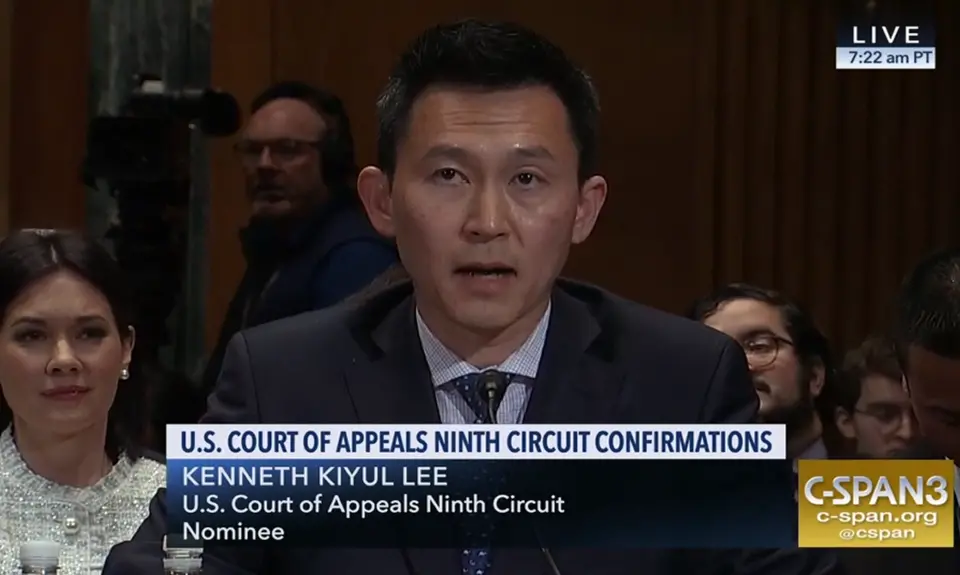“Confirmed Judges, Confirmed Fears” is a blog series documenting the harmful impact of President Trump’s judges on Americans’ rights and liberties.
In November 2019, Trump Ninth Circuit judge Kenneth Lee dissented from a majority decision that remanded a Board of Immigration Appeals (BIA) decision approving an asylee’s removal after determining that he was not notified that departure from the U.S. would waive his right to appeal. The case is Castillo-Crespo v. Barr.
Carlos Alexander Castillo-Crespo, a citizen of El Salvador, sought asylum in the United States. An immigration judge (IJ) denied his asylum claim and ordered his removal. Crespo appealed the decision to the Board of Immigration Appeals (BIA). Prior to his appeal, Crespo left the United States and as a result, the BIA dismissed his appeal.
Crespo petitioned the Ninth Circuit for review, maintaining that his appeal should not have been dismissed because he was not told that would happen if he left the country to comply with the removal order while the appeal was pending. Crespo suffered from mental health issues and the government was aware of his mental health struggles. The law requires that Crespo’s departure from the United States be knowing and “intelligent.”
The majority sided with Crespo, concluding that the government presented no clear and convincing evidence that Crespo knew that his departure from the country would eliminate his BIA appeal, nor was there clear and convincing evidence in the record that Crespo knew of the consequence of a departure.
Trump judge Kenneth Lee disagreed, arguing that the instructions on the form Crespo completed to file his BIA appeal was sufficient notice. The instruction page on the form indicated that leaving the country before the BIA decides on the appeal may negate an appeal.
